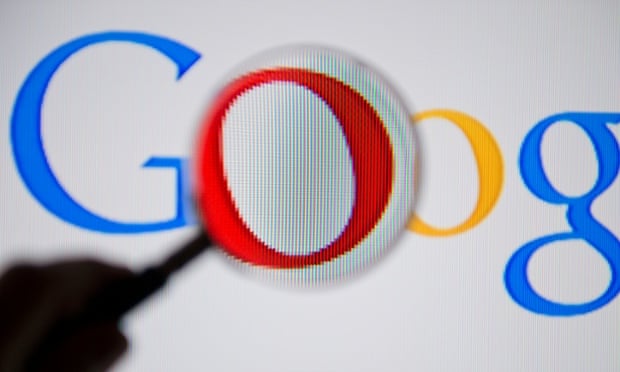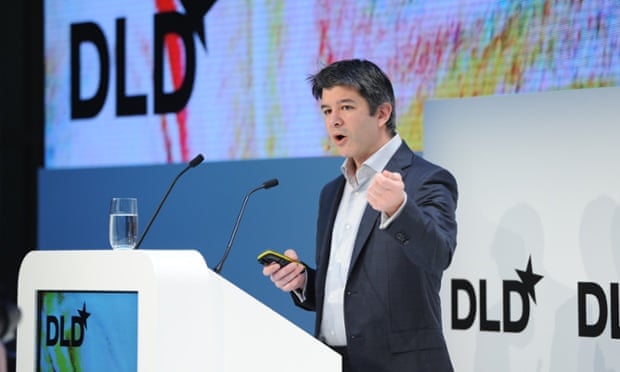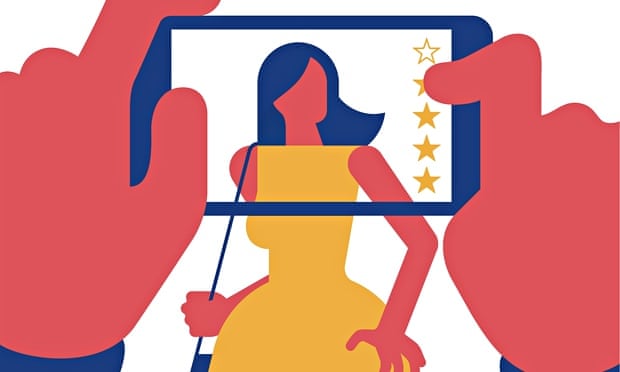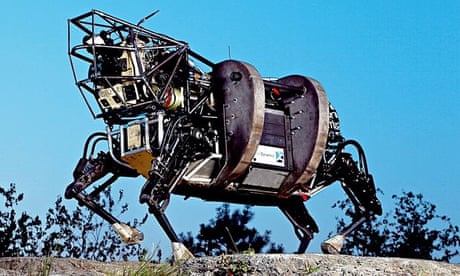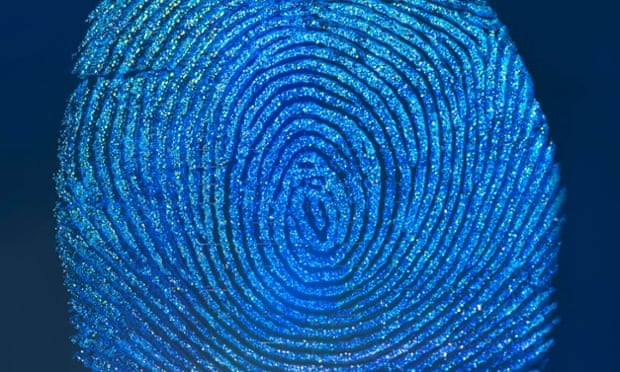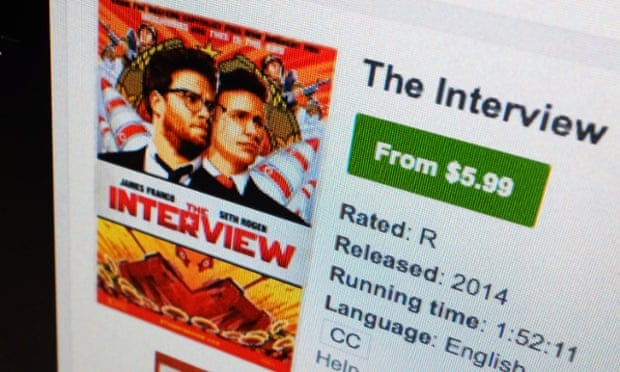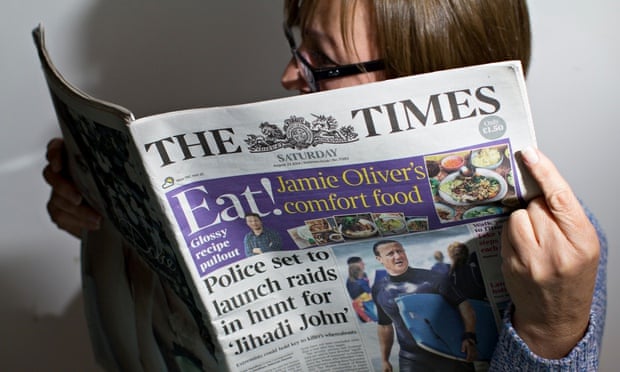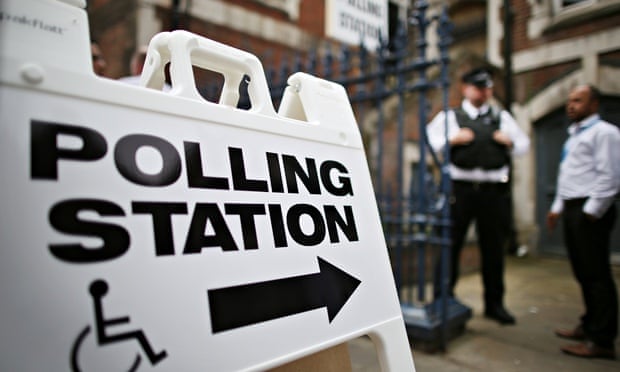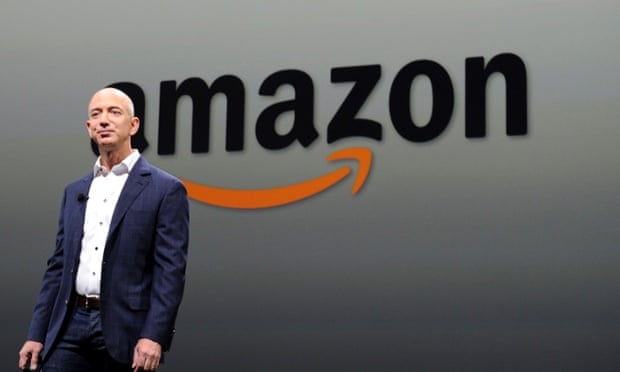This article is about a study that suggests social media does not cause as much stress as the non-users of social media but happen to be more aware of stress' in their friends lives.
- However, social media users are more aware of stressful events experienced by their online friends, which has been described as the “cost of caring”.
- The research also found that women who use Twitter, email and share digital pictures on a daily basis score 21% lower on the stress measure used in the study compared with those who did not communicate digitally
- “The social aspect of these technologies makes people more aware of stressful events in others’ lives. Learning about and being reminded of undesirable events in other people’s lives makes people feel more stress themselves. This finding about the cost of caring adds to the evidence that stress can be contagious.”
This shows however social media can cause stress by finding out certain things in others lives if not their own stresses. Therefore there are positives and negatives about social media.
http://www.theguardian.com/technology/2015/jan/15/social-media-use-does-not-increase-stress-study-claims

